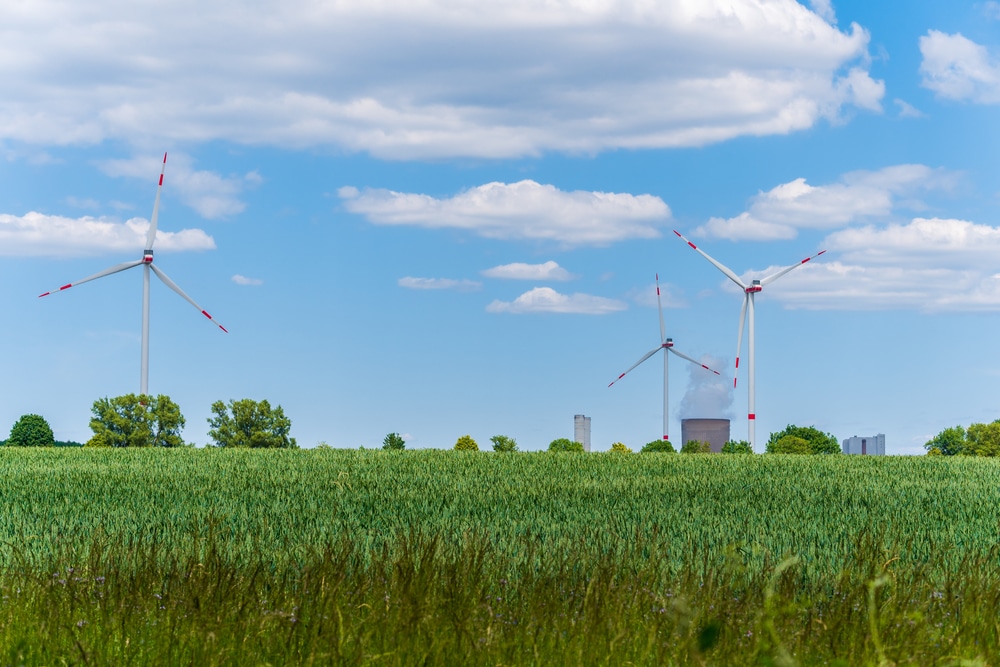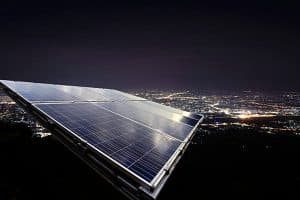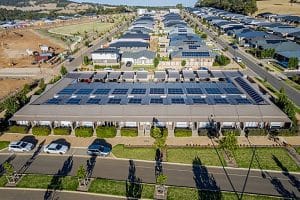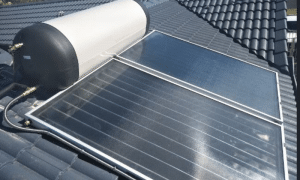The recent Group of Seven (G7) summit in Cornwall in the United Kingdom has released a statement, promising to accelerate renewables deployment and phase out coal generation.

G7 is an inter-governmental political forum consisting of Canada, France, Germany, Italy, Japan, the United Kingdom and the United States. This year representatives from the European Union and Australian Prime Minister Scott Morrison were also invited.
The summit, including UK Prime Minister Boris Johnson, US President Joe Biden and Chancellor Angela Merkel of Germany, was held from June 11-13.
One of the primary outcomes was the release of a document entitled Our Shared Agenda for Global Action to Build Back Better, which outlines the major economies’ plans to phase out coal.
The nationals also put out a joint release confirming that all nations will accelerate their efforts to deploy renewable energy sources like solar and wind power.
“In our energy sectors, we will increase energy efficiency, accelerate renewable and other zero emissions deployment, reduce wasteful consumption and leverage innovation, all whilst maintaining energy security,” the G7 joint statement read.
“Internationally, we commit to aligning official international financing with the global achievement of net zero GHG emissions no later than 2050 and for deep emissions reductions in the 2020s.”
The seven nations also pledged to phase out new direct government support for international carbon-intensive fossil fuel energy “as soon as possible”.
“To be credible, ambitions need to be supported by tangible actions in all sectors of our economies and societies,” the G7 leaders said in their statement.
“We will lead a technology-driven transition to Net Zero, noting the clear roadmap provided by the International Energy Agency and prioritising the most urgent and polluting sectors and activities.”
Australian PM backs agreement, refuses to announce a deadline
Mr Morrison signed agreements with Japan and Germany to develop hydrogen technology during G7, but resisted pressure to commit to a net-zero carbon future by 2050.
The Australian Prime Minister formalised a deal with Japanese Prime Minister Yoshihide Suga to develop technologies that deliver lower emissions, including liquefied natural gas, clean fuel ammonia, clean hydrogen and carbon capture innovations.
Japan and Australia released a statement declaring that climate change is “one of the defining challenges and opportunities of our time”.
Mr Morrison also met with Chancellor Merkel, with the two nations announcing a “hydrogen accord to enhance collaboration in technology innovation, research, development and deployment to build a global hydrogen industry”.
Despite pressure from the G7, global politicians and POTUS Biden, in particular, to update Australia’s deadline to reach net-zero emissions, Mr Morrison resisted making any announcement.
“Australia’s policies will be set for Australia’s interests,” he said.
The announcements of deals with Japan and Germany are cause for optimism for the Australian economy, though. Mr Morrison has previously outlined his government’s plan to position Australia as a “global hydrogen powerhouse“.







































